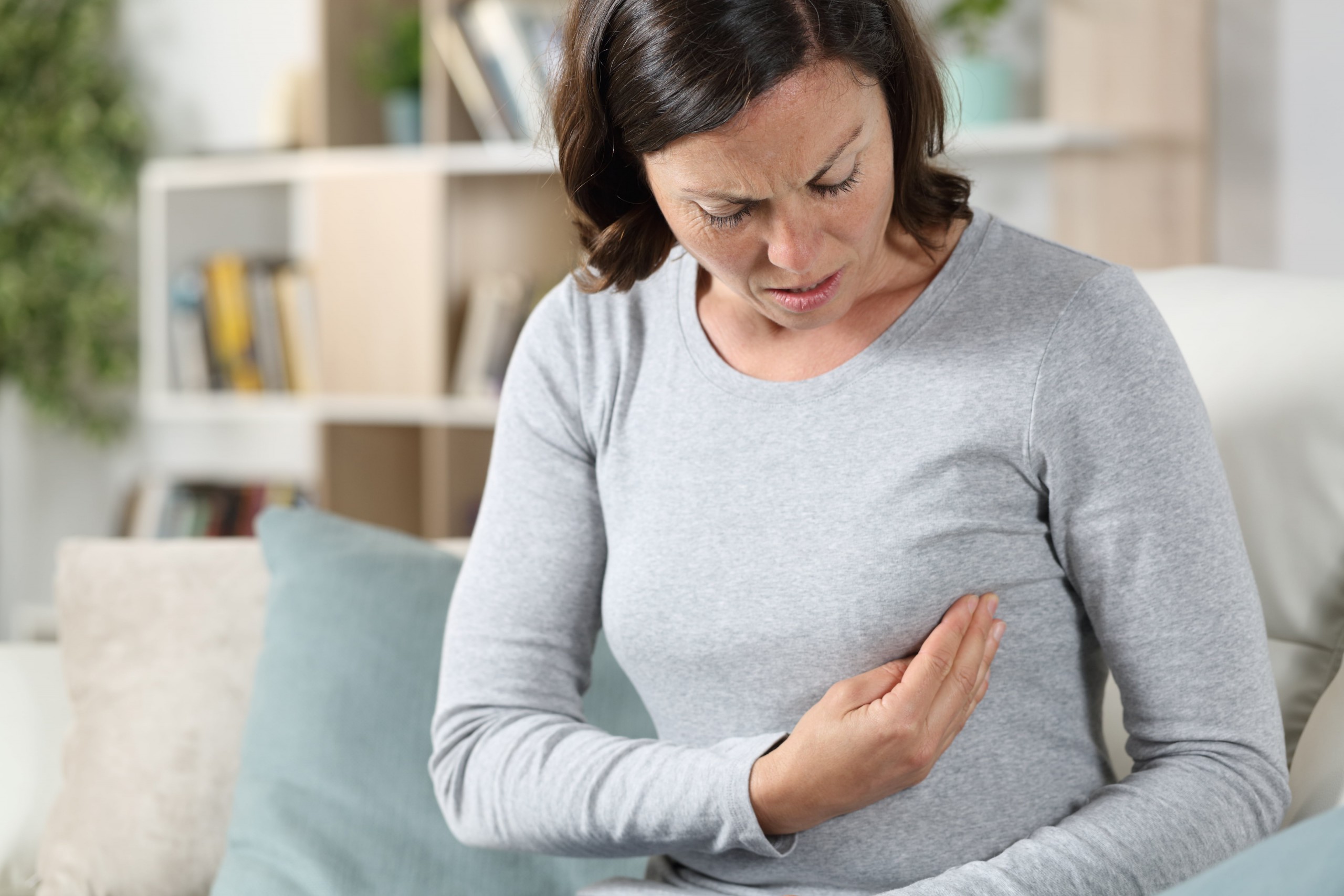Although the number of women succumbing to breast cancer has dropped significantly since 1989, the disease is still one of the most common forms of cancer among women, second only to skin cancer.
While there are plenty of things you can do to reduce the risk of getting breast cancer, like maintaining a healthy weight, eating a healthy diet and breastfeeding if you have children, there is no guarantee you won’t develop the disease at some point in your life.
To ensure breast cancer is detected early enough to effectively treat, women are encouraged to pay close attention to any changes in their breasts and perform regular self-exams in between physical checkups.
What Is Breast Cancer?
Breast cancer refers to an abnormal growth of cells in your breasts. These cells grow at a rapid rate and can spread to other parts of the body. This is why the disease is often referred to as invasive breast cancer. When breast cancer spreads to other parts of the body, such as your lymph nodes, liver or lungs, it becomes a life-threatening condition.
Although breast cancer is life threatening, survival rate are high, especially if detected in an early stage. Most women with breast cancer make a full recovery as long as they undergo proper treatment.
Technically, both men and women can get breast cancer. However, breast cancer in men is rare, whereas it’s estimated that close to 13 percent of American women will get breast cancer at some point in their lives.
While anyone can develop breast cancer, some people are inherently more prone to getting it than others. Some of the most common risk factors for breast cancer include:
- Mature age: Women 50 and older are at higher risk of developing breast cancer
- Family history of breast or ovarian cancer
- Prior history of breast cancer: If you’ve beat cancer before, you’re more likely to get it again
- Starting your menopause late (at age 55 or older)
- Getting radiation therapy to the chest
- Obesity
- Drinking alcohol
- Not ever giving birth or breastfeeding
If you’re at an elevated risk of suffering from breast cancer, you should speak with your doctor about ways to reduce this risk. Your doctor will likely recommend at-home breast cancer screening.
Why Are Breast Cancer Self-Exams Important?
A typical self-exam consists of examining your breasts visually and with your hands. While self-exams don’t decrease your chances of getting cancer, it does help detect the disease early, which makes it easier to treat.
How to Do Breast Self-Examination
Start off with a visual examination of your breasts by keeping your arms at your side and standing in front of a mirror in a relaxed position. Pay attention to any of the following abnormalities:
- Changes in the shape and size of your breasts
- Dimples in the skin
- An inverted nipple
- Persistent rash around the nipple
- Unusual discharge from the nipple, such as blood
- Swelling of the arm
When performing the manual part of your self-examination, be sure to lie down so your breast tissue can spread out evenly, making it easier to feel for lumps. Using the pads of your three middle fingers, feel for any lumps, swelling or thickening in the breast or underarm area. Examine each breast and underarm area thoroughly by using a circular motion in either a clockwise or counterclockwise direction.
If you happen to detect any worrisome changes in your breasts, be sure to have these changes checked by your doctor. Not all lumps are cancerous. In fact, many are benign and pose no threat to your health. Your doctor will likely order a breast cancer screening called a mammogram to detect any cancerous cells.
Get Advanced Breast Cancer Treatment in Southwestern Oregon
If you’ve been recently diagnosed with breast cancer, we’re committed guiding your through the challenges of your diagnosis. The dedicated team of oncologists at Community Cancer Center in Roseburg provide comprehensive care and innovative breast cancer treatments to maximize your chances of a full recovery.
To schedule a consultation, call 541-673-2267 (ext. 5100) or send us a message.
